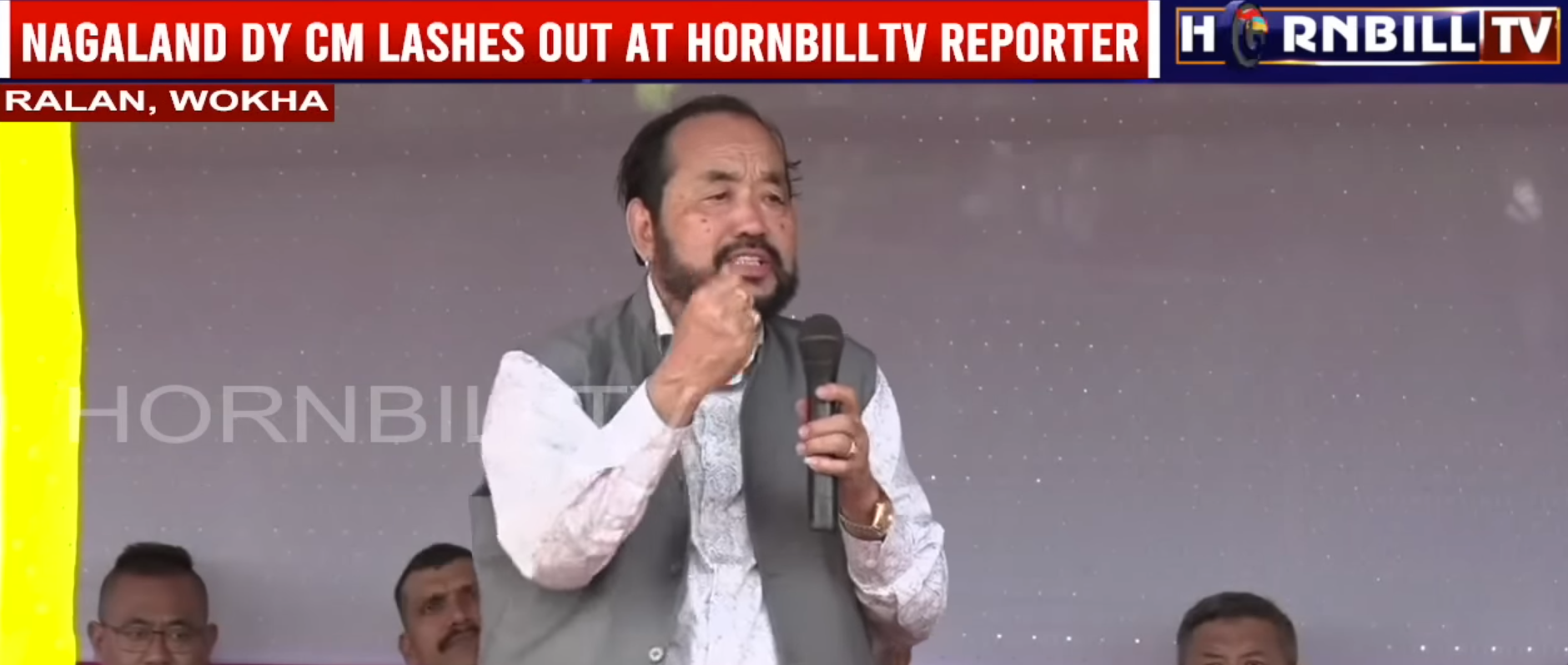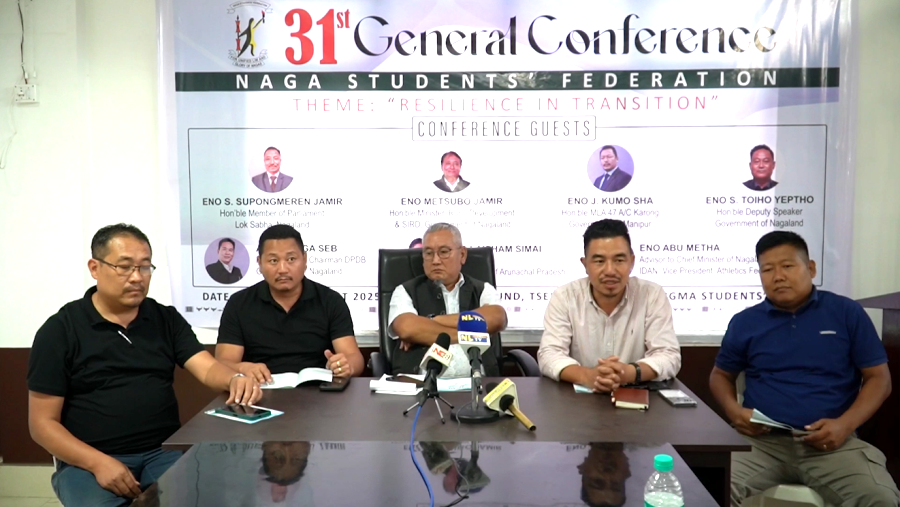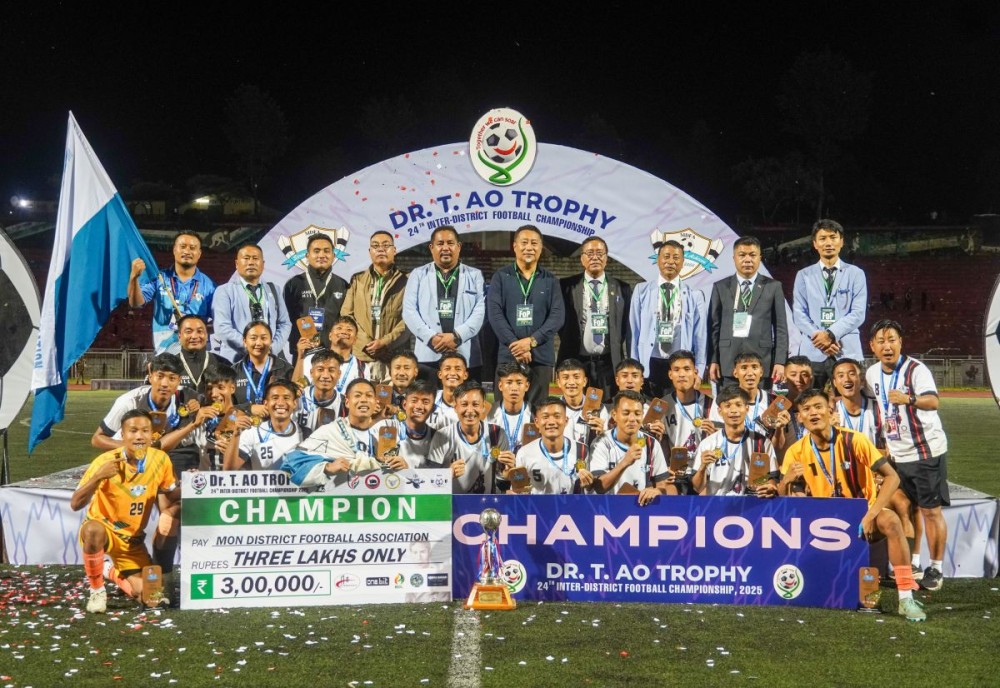Nagaland Deputy Chief Minister Yanthungo Patton’s public rebuke of a reporter at a community meeting has sparked a media-rights debate, followed by his formal clarification disputing allegations about his border-area visits. The Kohima Press Club condemned the on-stage dressing-down, calling it unbecoming of a senior public official.
The controversial exchange took place during an August 23 community meeting in the Ralan area of Wokha district. Patton singled out a reporter from the assembled crowd, directly challenging news coverage that suggested he had avoided visiting border locations following recent eviction drives along the Assam–Nagaland boundary. His remarks escalated when he instructed the journalist not to sit in prominent positions or attend future events where he would be speaking.
Also Read: Snoop Dogg says he feels uneasy about LGBTQ+ scenes in kids movies
The incident occurred against the backdrop of heightened public interest in border area tensions. Community members and local bodies had gathered seeking updates on security coordination and official oversight in the Disturbed Area Belt. The confrontation quickly gained significance because it happened in full view of the public and involved a reporter covering sensitive border developments that affect both states.
Following widespread circulation of video clips showing the public rebuke, Patton released a detailed statement defending his actions and disputing the reporter’s claims. He maintained that he had personally visited the Ralan and Liphayan areas on July 24 to conduct firsthand assessments of the ground situation. During this visit, he met with government officials and community leaders to coordinate responses.
Patton described his involvement in organising coordination meetings between Assam and Nagaland administrations to ensure smooth implementation of the eviction process. He labelled the journalist’s allegations as “baseless and unfounded,” while calling for media outlets to verify information through official channels before publication. His statement emphasised preventing public confusion and unnecessary tensions through accurate reporting practices.
The Kohima Press Club delivered a sharp condemnation of Patton’s behaviour, describing it as “dictatorial” and inappropriate for someone holding high public office. The organisation expressed shock that a Deputy Chief Minister would publicly admonish a working journalist, particularly by restricting where the reporter could sit or which events they could attend.
Also Read: NSF announces 31st general conference with election and key sessions
The press club highlighted the fundamental role journalists play in questioning authority and providing fair coverage of public affairs. Their statement appealed for creating an environment where media personnel can operate without facing intimidation or restrictions. They positioned the incident as damaging to press freedom principles and called for respect toward journalistic responsibilities.
While Patton’s office framed his statement as necessary fact-correction and a call for journalistic diligence, media advocates viewed the public confrontation as establishing a troubling precedent.




